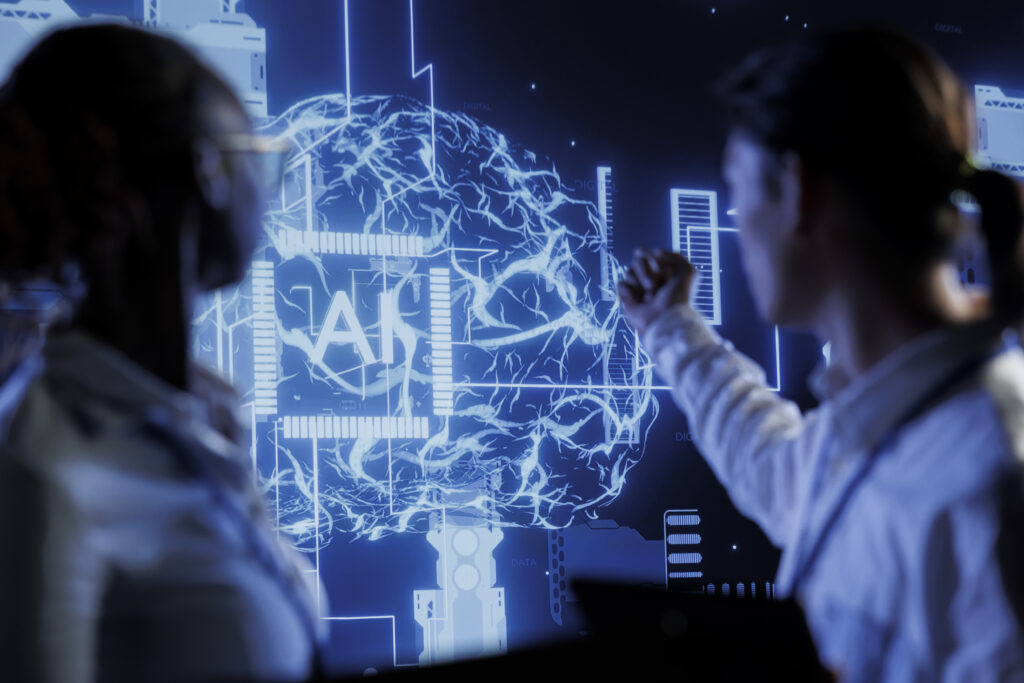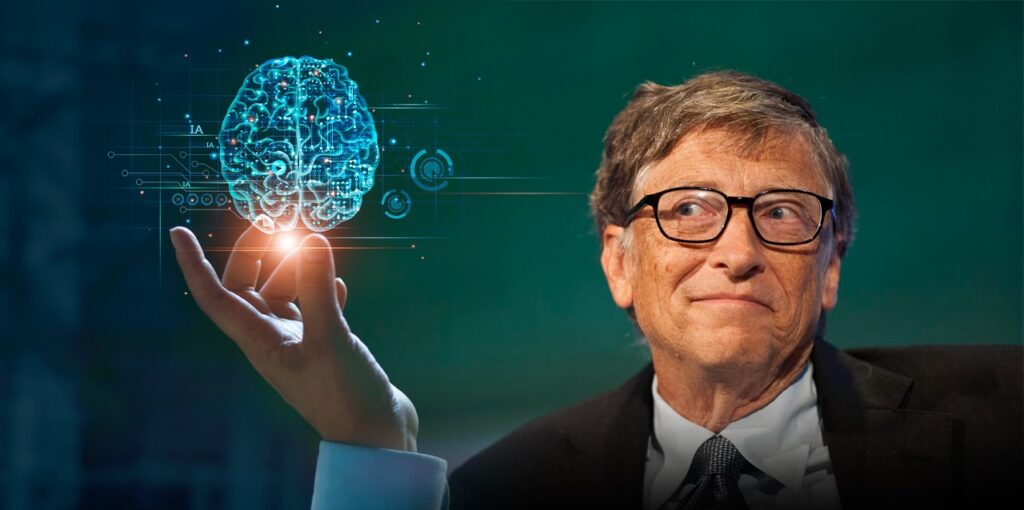It is often claimed that Artificial Intelligence (AI) will eliminate jobs. However, this perspective might be wrong. Bill Gates, founder of Microsoft, argues that AI will automate tedious and repetitive tasks, not jobs themselves.
Since the beginning of the “Era of Artificial Intelligence,” concern about the future of work has been constant. But AI actually offers the possibility of freeing us from heavy and monotonous work.

“AI will take care of the tasks that no one wants to do,” Gates explains, similar to how the dishwasher replaced manual dishwashing. This change, far from being negative, is presented as an advantage. Gates predicts that in the coming years, AI will significantly reduce the workweek.
This does not imply the disappearance of jobs but rather a transformation of the labor market. In this way, it will allow workers to focus on more creative and strategic tasks. This prediction offers an optimistic view of the future of work in the AI era.
AI automation: The key to a shorter workweek
The tech mogul has reiterated his prediction about the impact of AI on the workweek. In a recent interview on The Tonight Show de Jimmy Fallon (NBC), Gates suggested that the automation of routine tasks thanks to AI could lead to workweeks of only two or three days.
Gates questioned: “What will jobs be like? Should we work only two or three days a week?” He acknowledges the need for human specialists in areas like medicine and education but foresees that AI will play a crucial role in assistance and tutoring in these fields.
According to the Spanish newspaper El Economista, this is not the first time Gates has addressed this topic. In 2023, he raised the possibility of a three-day workweek as the norm, urging society to prepare for a future with more free time.
The future of work according to Bill Gates: More free time, not fewer jobs
Although optimistic about reducing the workweek, Gates clarifies that AI will not replace all jobs. He used baseball as an example, stating: “There will be some things we reserve for humans.”
However, in sectors like manufacturing, logistics, and agriculture, AI could “solve” most problems, according to Gates.

The entrepreneur invites us to see AI as an opportunity to achieve a balance between work and personal life. This translates into more free time for family and leisure.

